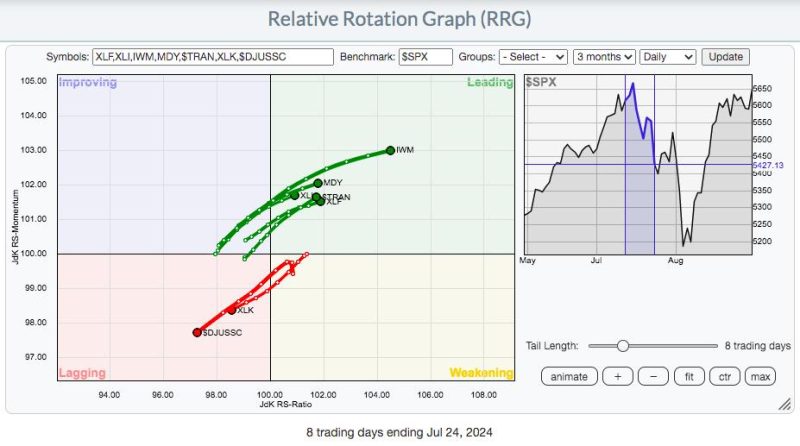In the ever-evolving landscape of leadership, the emergence of new leaders is a dynamic phenomenon that demands attention. The traditional notions of leadership are being reshaped by a new wave of individuals who bring unique perspectives, skills, and values to the table. To recognize these new leaders is not merely a matter of identifying faces in the crowd, but rather a critical step in adapting to the changing needs of organizations and society at large.
One key characteristic of these new leaders is their embrace of diversity and inclusion. In a world that is increasingly interconnected and diverse, the ability to lead across cultural boundaries and bring together people from different backgrounds is becoming essential. New leaders understand the value of diverse perspectives and actively work to create inclusive environments where everyone feels heard and valued.
Another defining feature of these emerging leaders is their adaptability and resilience in the face of constant change. The pace of technological advancement and economic disruption requires leaders who can think on their feet, pivot quickly, and navigate uncertainty with confidence. New leaders are not afraid to fail, as they see each setback as an opportunity for growth and learning.
Furthermore, the new leaders of today possess a strong sense of purpose and a commitment to making a positive impact on the world. They are driven not just by personal ambition, but by a deep-seated desire to contribute to something greater than themselves. Whether it’s championing sustainability, promoting social justice, or fostering innovation, these leaders are guided by a sense of purpose that informs their every decision and action.
In addition, new leaders excel at collaboration and teamwork. They understand the power of collective intelligence and seek to harness the diverse talents of their teams to achieve shared goals. By creating an environment of trust and respect, these leaders inspire loyalty and dedication among their followers, resulting in high levels of performance and productivity.
Recognizing the new leaders of today requires a shift in mindset and a willingness to challenge traditional notions of leadership. These individuals may not always fit the mold of the stereotypical leader, but their unique qualities and fresh perspectives are precisely what organizations need to thrive in the modern world. By acknowledging and supporting these new leaders, we can foster a culture of innovation, inclusivity, and purpose that will propel us into a brighter future.

